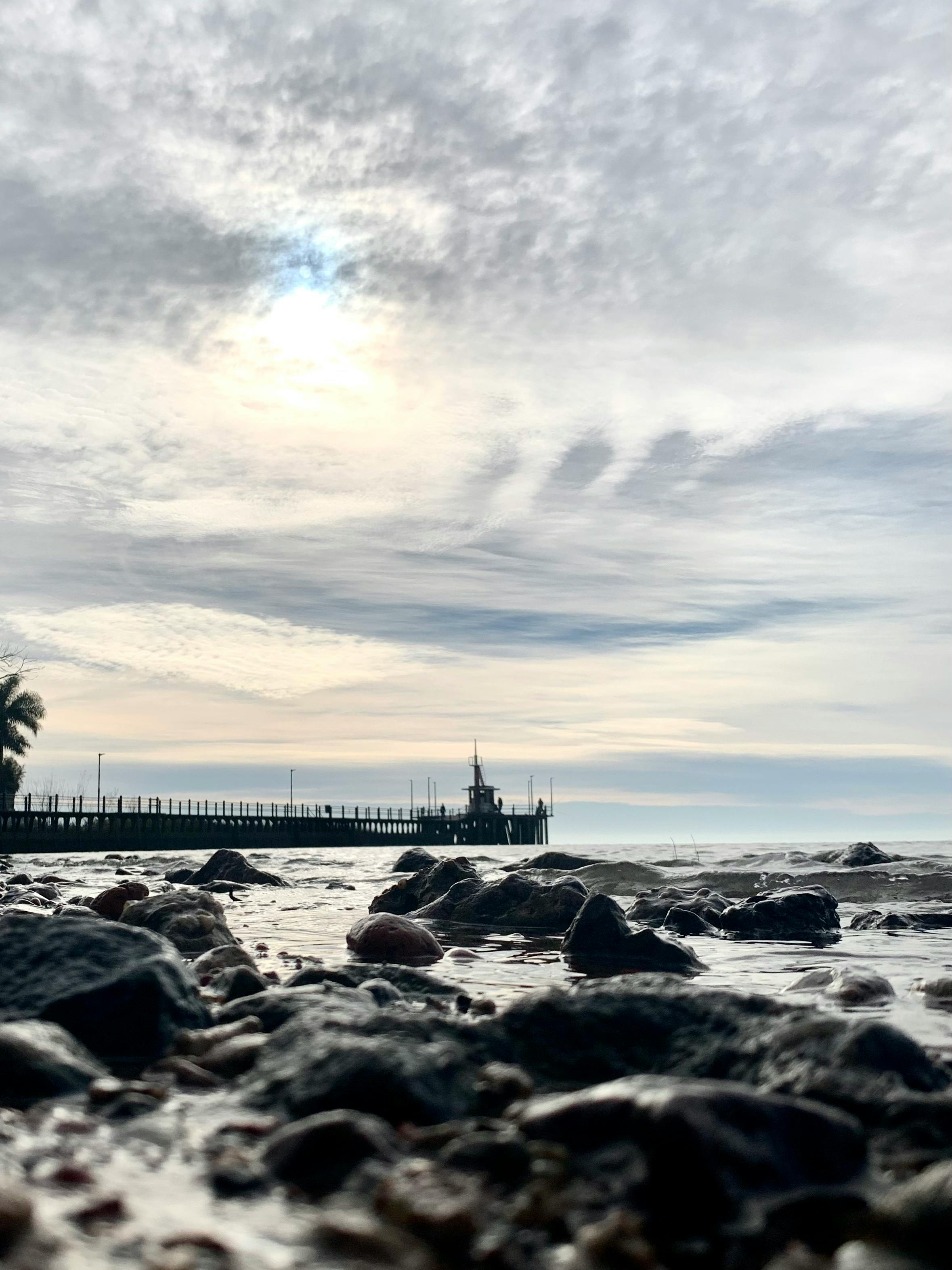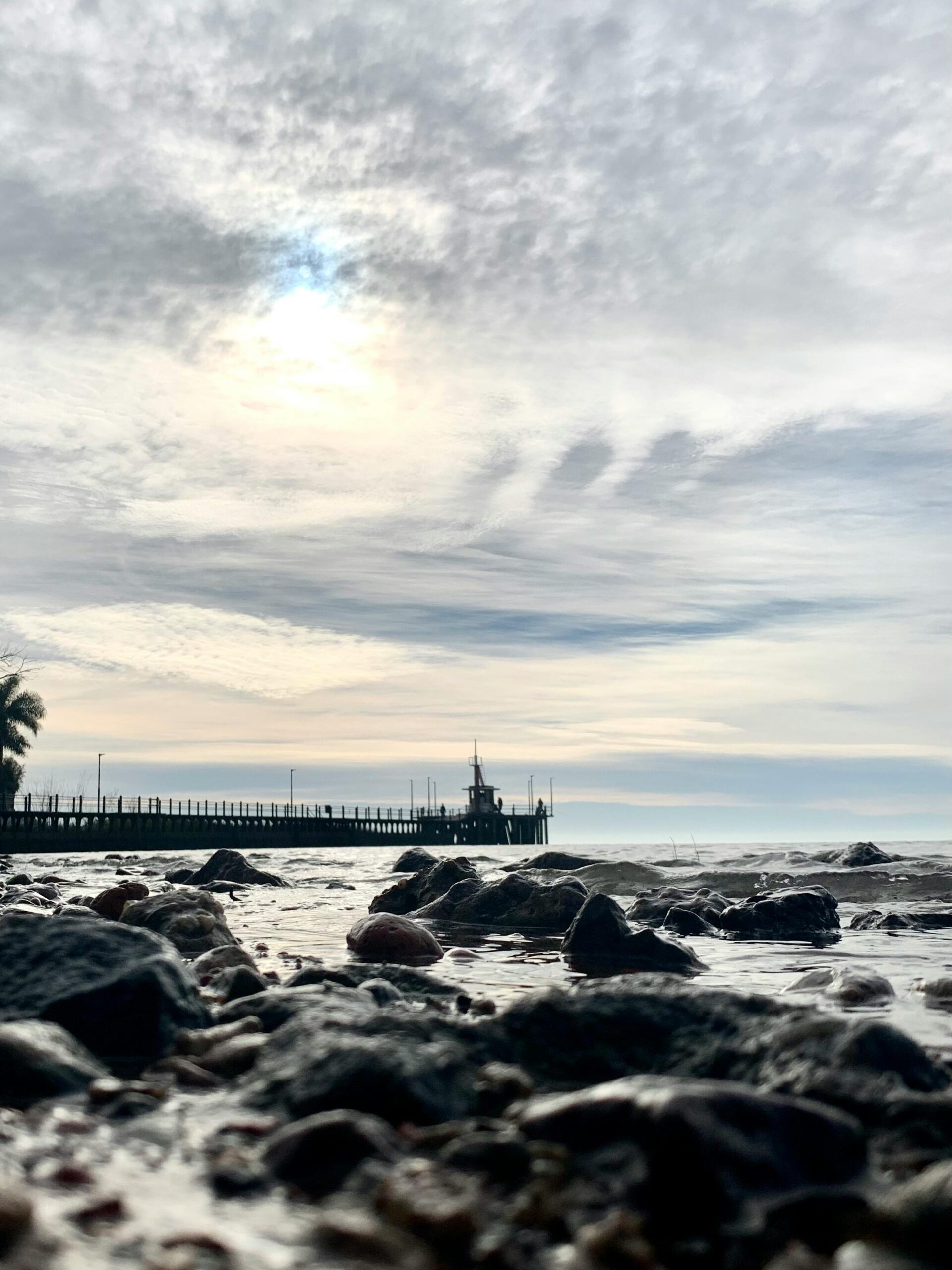Exploring the Martinez Traveller: A Modern Guide to Global Discovery
The rise of the martinez traveller marks a significant evolution in how we explore the world. In today’s interconnected and remote-first society, the modern traveler isn’t just seeking leisure—they’re curating experiences that align with personal growth, professional mobility, and cultural immersion. This guide walks you through everything you need to know about becoming or understanding a Martinez Traveller, including practical strategies, expert advice, and a look ahead at what the future holds.

Understanding the Fundamentals
The term martinez traveller encapsulates more than just someone who visits different countries. It signifies a purposeful approach to travel that blends lifestyle, work flexibility, and personal enrichment. Historically, this mindset was limited to a small circle of adventurers. But with the rise of digital tools and global mobility, the Martinez approach is now accessible to a broader audience.
Understanding the foundational concepts helps you build a travel lifestyle that is sustainable, rewarding, and deeply fulfilling. Think of it as becoming a global citizen, not just a tourist.
1.1 Purpose-Driven Travel
Purpose-driven travel centers on aligning trips with goals—personal, professional, or cultural. Unlike leisure-only travel, it often involves volunteering, skill acquisition, or entrepreneurship. A recent survey from Expedia found that 67% of millennials travel to discover new cultures and grow personally.
Whether it’s taking a sabbatical in South America or learning a new language in Tokyo, martinez travellers build journeys around meaningful experiences. Misconceptions that this is just “vacationing with a laptop” downplay its value.
1.2 Flexibility and Mobility
Flexibility defines the Martinez lifestyle. It emphasizes the ability to adapt plans, work from anywhere, and embrace the unknown. Unlike rigid tour packages, this model empowers travelers to stay longer, pivot plans, and respond to local opportunities.
Many use platforms like co-working spaces and international SIM cards to maintain stability. This flexibility offers immense freedom—but requires solid time management skills and a proactive mindset.
Practical Implementation Guide
Now that you grasp the mindset, it’s time to explore how to implement it. Transitioning to a martinez traveller lifestyle isn’t done overnight, but with the right steps, it becomes not only feasible but exciting. You can expect personal transformation, better career alignment, and unforgettable memories along the way.

2.1 Actionable Steps
- Self-Audit: Identify your personal and professional goals for traveling. Create a vision board or a journal to refine your intentions.
- Preparation Tools: Use budget planning apps, travel insurance tools, and destination checklists. Ensure you have remote work solutions like cloud storage and VPN access.
- Timeline Design: Structure your departure in phases—research (month 1), test trip (month 2), long-term launch (month 3 onward).
2.2 Overcoming Challenges
Traveling long-term comes with obstacles. Common issues include:
- Wi-Fi inconsistency: Research co-working hubs before arriving.
- Visa limitations: Understand regional regulations ahead of time.
- Burnout: Schedule downtime just like work time.
- Budget mismanagement: Stick to a monthly cap using digital tracking tools.
Expert tip: Build a community through Facebook groups or Couchsurfing to feel connected and supported.
Advanced Applications
Once you’ve built foundational skills, it’s time to elevate your travel game. Advanced techniques involve optimizing your lifestyle for long-term value—whether financially, culturally, or socially. These strategies turn occasional trips into a lifelong journey.

3.1 Strategic Destination Rotation
Instead of hopping randomly, Martinez Travellers rotate destinations based on seasons, currency advantages, and internet infrastructure. For example, spend winters in Southeast Asia for cost-effectiveness and summers in Europe for networking. Case studies show a 40% increase in productivity using this strategy.
3.2 System Integration
Advanced travelers integrate CRMs, AI travel bots, and real-time budgeting systems to streamline logistics. These tools ensure you’re not bogged down by planning fatigue and allow you to focus on meaningful activities like learning, networking, or building a remote brand.
Future Outlook
The next 3–5 years will see the martinez traveller identity becoming mainstream. With more employers offering remote flexibility and tech advancements reducing friction, we’ll witness a surge in smart nomad cities, flexible visa programs, and sustainable travel infrastructure.
To stay ahead, consider investing in multi-currency accounts, joining global freelancer networks, and mastering digital tools like Notion and Trello. Anticipate and embrace change to future-proof your travel lifestyle.
Conclusion
Key takeaways from this guide:
- Travel can be deeply purposeful and transformative.
- Practical planning sets the foundation for success.
- Advanced tools and foresight amplify the journey’s value.
The martinez traveller model isn’t just about movement—it’s about mindful exploration. Now is the time to align your passport with your purpose.
Start your journey today by defining your goals and taking that first leap into the world. Adventure and opportunity await you.
Frequently Asked Questions
- Q: What is a Martinez Traveller? A lifestyle-focused explorer who travels with purpose, often integrating work, learning, and cultural immersion into each journey.
- Q: How do I become one? Begin by setting clear travel intentions, developing remote work skills, and building a flexible travel plan.
- Q: How much time does this lifestyle require? Most start with 3–6 months of travel yearly, scaling based on comfort and goals.
- Q: Is this lifestyle expensive? Costs vary—budget travellers spend $1,200/month, while premium experiences can exceed $3,000/month depending on location.
- Q: How does it compare to traditional tourism? Martinez travel focuses on purpose and integration, while tourism is typically leisure-based and short-term.
- Q: Is it hard to manage remote work while traveling? Initially yes, but with time, tools, and discipline, it becomes second nature.
- Q: Can this apply to specific industries? Absolutely—tech, writing, design, teaching, and consulting roles adapt particularly well to this lifestyle.
